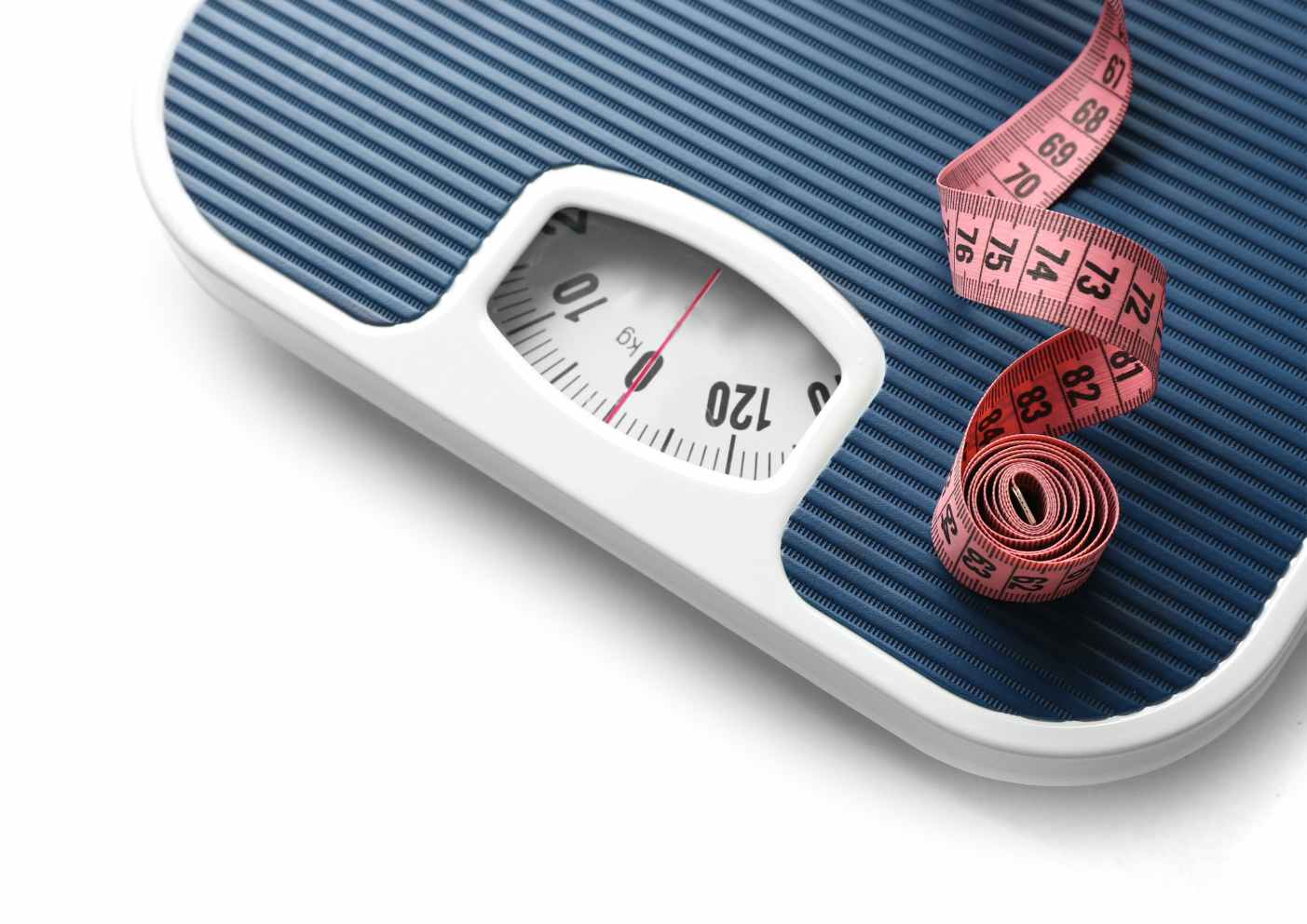
A low-carbohydrate way of eating is taking in less carbohydrates, also referred to as “carbs,” like what’s mostly in grains, starchy vegetables, and fruits. A diet low in carbohydrates are meals that lean more on protein and fat. Low-carb diets come in a variety of forms – categorized by the amounts of carbohydrates you should take in.
Not Essential
There is no official classification of “essential carbohydrates,” the concept of essential nutrients generally refers to those that the body cannot produce on its own and must be obtained through the diet.
Essential nutrients include essential amino acids, essential fatty acids, vitamins, and minerals. Unlike proteins and fats, carbohydrates are not considered essential in the sense that the body can synthesize glucose (the primary carbohydrate used for energy) through a process called gluconeogenesis. Gluconeogenesis allows the body to convert other macronutrients, such as proteins and fats, into glucose to meet its energy needs.
While carbs provide dietary fiber, which is important for digestive health, it can also be obtained from healthier sources like psyllium husk, chia seeds and others.
Forms of Low-Carbohydrate Way of Eating
-
Ketogenic Diet: The ketogenic diet is a very low carb, high fat diet that is designed to induce a state of ketosis, where the body burns fat for energy instead of glucose. This diet typically limits carbohydrate intake to 20-50 grams per day and encourages the consumption of healthy fats and moderate amounts of protein.
-
Atkins Diet: The Atkins diet is a low carb, high protein diet that was popularized in the 1990s. This diet typically involves four phases, with the initial phase limiting carbohydrate intake to 20-25 grams per day and gradually increasing carbohydrate intake in subsequent phases.
-
Paleo Diet: The paleo diet is a low carb, high protein diet that is based on the types of foods that were available to our hunter-gatherer ancestors. This diet typically eliminates processed foods, grains, and legumes, and encourages the consumption of whole foods such as meat, fish, vegetables, and fruit.
-
Mediterranean Diet: The Mediterranean diet is a low carb, high fat diet that is based on the traditional dietary patterns of Mediterranean countries. This diet typically includes a moderate amount of carbohydrates from sources such as fruits, vegetables, and whole grains, as well as healthy fats from sources such as olive oil and nuts.
-
Low Glycemic Index Diet: The low glycemic index diet is a low carb diet that focuses on consuming foods that have a low glycemic index, which means they have a lower impact on blood sugar levels. This diet typically includes whole foods such as vegetables, fruits, whole grains, and lean protein sources.
-
Eco-Atkins Diet: The eco-Atkins diet is a plant-based low carb diet that is based on the principles of the Atkins diet but focuses on plant-based protein sources such as tofu, nuts, and legumes instead of animal protein.
It’s important to note that the optimal amount of carbohydrate intake varies from person to person and depends on factors such as activity level, age, and overall health. It’s best to work with a healthcare provider or registered dietitian to determine the appropriate amount of carbohydrate intake for your individual needs.
Science Behind Weightloss on a Lowcarb Way of Eating
The science behind weight loss on a low carb way of eating is based on several mechanisms that can help the body burn fat more efficiently and reduce overall caloric intake.
-
Reduced Insulin Levels: When you consume carbohydrates, your body produces insulin to help regulate your blood sugar levels. High levels of insulin can contribute to weight gain and fat storage. By reducing your carbohydrate intake, your insulin levels will also be reduced, which can help your body burn stored fat for energy.
-
Increased Fat Burning: When your body is in a state of ketosis, which is induced by a low carb diet, it burns fat for energy instead of glucose. This can lead to increased fat burning and weight loss.
-
Reduced Appetite: Low carb diets can also help reduce appetite and caloric intake, which can lead to weight loss. Protein and fat are more filling and satisfying than carbohydrates, so eating a diet higher in protein and fat can help you feel fuller for longer periods of time.
-
Increased Metabolic Rate: A low carb diet can also increase your metabolic rate, which is the rate at which your body burns calories. This is because your body has to work harder to metabolize fat and protein than it does to metabolize carbohydrates.
Several studies have shown that eating low carb food can be effective for weight loss. However, the long-term effects of a low carb diet on weight loss and overall health are still being studied and debated. It’s important to work with a healthcare provider or registered dietitian to determine if a low carb diet is a safe and appropriate way for you to lose weight.
Losing Weight is a Positive Side Effect
While losing weight can be a part of achieving good health, it is not always a necessary or sufficient indicator of good health. Good health is a complex and multifaceted concept that encompasses many factors beyond just weight loss.
For example, someone who has lost a significant amount of weight through crash dieting or other unhealthy means may not necessarily be in good health. Conversely, someone who is at a higher weight but has a balanced and nutritious diet, exercises regularly, and manages their stress levels may be in good health.
Therefore, it is important to focus on overall health rather than just weight loss as a marker of good health. This includes adopting healthy habits such as eating a balanced diet, getting enough physical activity, managing stress levels, getting enough sleep, and avoiding harmful substances like tobacco and excessive alcohol.
The rapid weight loss one experiences when starting a lowcarb way of eating is removing water weight. Carbohydrates make the body retains lots of water, and when you stop taking it in, the water weight comes off first. In this case, it is not as dangerous when doing crash diets that can make you lose a lot of weight in a short period of time.
Sources:
Losing Water Weight: How Carbs Really Work – https://8fit.com/nutrition/glycogen-gluconeogenesis-and-water-weight/






Leave a Reply